Help people protect themselves online
Recently, especially near and after Tet, the Information Security Department (Ministry of Information and Communications) has issued warnings about scams on social networks.
To limit online fraud and raise awareness for internet users, informing Nguoi Dua Tin, a representative of the Information Security Department said that as previously warned, online fraud is always changing, intertwining new and old, and always has new, more sophisticated forms. In particular, scammers take advantage of modern utilities and technology to create sophisticated, effective, and realistic fraud systems, making it more difficult for users to identify.
Based on the assessment that online fraud is still happening strongly and users are not fully and promptly updated about fraud forms, in addition to handling technology and technical measures, an equally important thing is how to promote and propagate information about online fraud forms to as many people as possible.
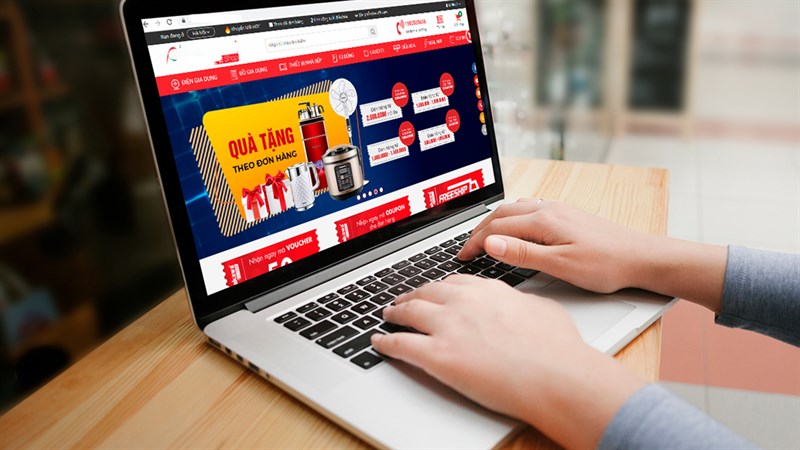
Online fraud is always changing, with new and old forms intertwined.
The solution to prevent and raise vigilance proposed by the Information Security Department is to continue promoting propaganda to raise public awareness.
Specifically, building and publishing the Handbook on identifying and preventing online fraud, the Online Safety Handbook helps protect all people in cyberspace.
Carry out large-scale propaganda campaigns, coordinate with units, organizations, large enterprises, and press and media agencies to raise awareness and skills to prevent online fraud among people.
Deploy the construction of a series of Weekly News with information on prominent online fraud situations to provide timely warnings and recommendations to help people protect themselves online.
Build and develop the National Cyberspace Portal information channel (khonggianmang.vn) on social networking platforms to provide information and promote information security issues, especially online fraud.
Along with that, resolutely and strictly deploy technical measures such as: Strengthening supervision, monitoring, warning, and blocking malicious domain names. Directing and coordinating the blocking of illegal websites/blogs, protecting people from accessing online fraud websites, and violating the law in cyberspace.
Promote the development of the National Anti-Online Fraud Database so that organizations and individuals can query, exploit, and contribute timely anti-online fraud data; provide tools for self-checking and protecting information security in cyberspace.
Deploying the Network Trust ecosystem (tinnhiemmang.vn) to evaluate and confirm websites that ensure network information security. It also publishes a list of unsafe websites that violate laws related to online scams.
The functional units of the Ministry of Information and Communications coordinate with agencies and professional units under the Ministry of Public Security and telecommunications enterprises to regularly monitor and review the situation of leakage and sale of personal information of agencies and organizations in Vietnam and warn and support timely handling of some high-tech crime groups; to prevent serious damage due to information leakage...
Be careful before making financial transactions online.
Besides, the form of impersonating bank account names to commit fraud is also one of the forms of online fraud.
According to the Department of Information Security, the fraud methods of the subjects are quite systematic and sophisticated. First, the subjects will find a way to own bank accounts with any name by renting bank accounts of students, people in the countryside or subjects using other people's identity cards or citizen identification cards to register to open online bank accounts remotely.
Sources of identity cards and citizen identification cards can be collected from lost or stolen documents or from buying and selling personal information online.
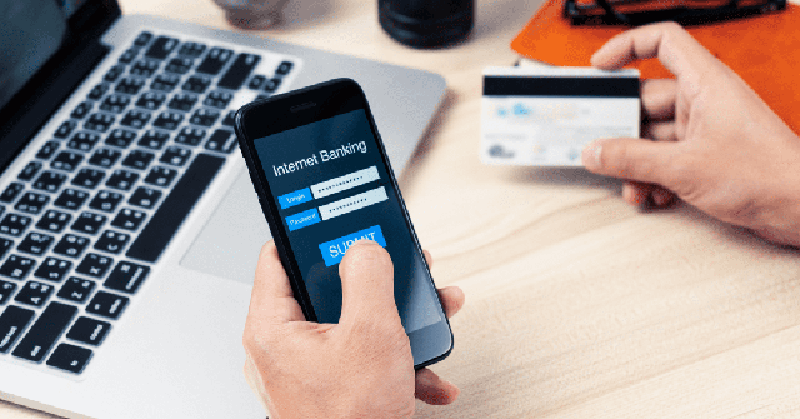
Impersonating bank account names to commit fraud is also one of the forms of online fraud.
Next, the subject will look for someone whose bank account name matches the account on the social network, hack the Facebook account directly, send a link in a message to install malware, send an email containing a link to a website to steal the account... When the victim unfortunately falls into the trap, the subject will quickly steal the Facebook account and send a message to borrow money or continue to post links to lure other victims using the victim's Facebook.
The Department of Information Security, Ministry of Information and Communications recommends that people should be careful before making any financial transactions through social networks.
Users should verify the exact identity of the subject before making a transaction by calling directly (do not call via social networking applications); absolutely do not provide personal information, bank account number, OTP code to strangers or on any website of unknown reputation; do not lend, rent or buy or sell bank accounts.
Beware of "easy work, high salary" scams
The "easy job, high salary" scam is one of 24 forms of cyber fraud that the Information Security Department has continuously issued warnings about, and has organized many propaganda, dissemination, and awareness-raising programs to keep people vigilant.
This is not a new form of fraud, but many gullible people still easily fall into the trap of scammers. Scammers always offer very attractive benefits, preying on the victim's desire to make money, especially in the first months of the year.
People need to be absolutely vigilant and at the same time spread the word to their relatives and friends about the above tricks to avoid falling into the traps of bad guys.
When working as a collaborator for companies, businesses, and suppliers of goods and services, people need to clearly check information about the goods and suppliers through many different sources to verify accuracy.
In addition, people should absolutely not provide personal information (including CCCD, ID card, OTP code, bank card number,...) to anyone or on any strange website .
Source



![[Photo] General Secretary To Lam receives French Ambassador to Vietnam Olivier Brochet](https://vstatic.vietnam.vn/vietnam/resource/IMAGE/2025/4/17/49224f0f12e84b66a73b17eb251f7278)
![[Photo] Promoting friendship, solidarity and cooperation between the armies and people of the two countries](https://vstatic.vietnam.vn/vietnam/resource/IMAGE/2025/4/17/0c4d087864f14092aed77252590b6bae)
![[Photo] Nhan Dan Newspaper announces the project "Love Vietnam so much"](https://vstatic.vietnam.vn/vietnam/resource/IMAGE/2025/4/17/362f882012d3432783fc92fab1b3e980)
![[Photo] Closing of the 4th Summit of the Partnership for Green Growth and the Global Goals](https://vstatic.vietnam.vn/vietnam/resource/IMAGE/2025/4/17/c0a0df9852c84e58be0a8b939189c85a)
![[Photo] National Assembly Chairman Tran Thanh Man meets with outstanding workers in the oil and gas industry](https://vstatic.vietnam.vn/vietnam/resource/IMAGE/2025/4/17/1d0de4026b75434ab34279624db7ee4a)




























![[Photo] Welcoming ceremony for Chinese Defense Minister and delegation for friendship exchange](https://vstatic.vietnam.vn/vietnam/resource/IMAGE/2025/4/17/fadd533046594e5cacbb28de4c4d5655)


























![[Video] Viettel officially puts into operation the largest submarine optical cable line in Vietnam](https://vstatic.vietnam.vn/vietnam/resource/IMAGE/2025/4/17/f19008c6010c4a538cc422cb791ca0a1)


















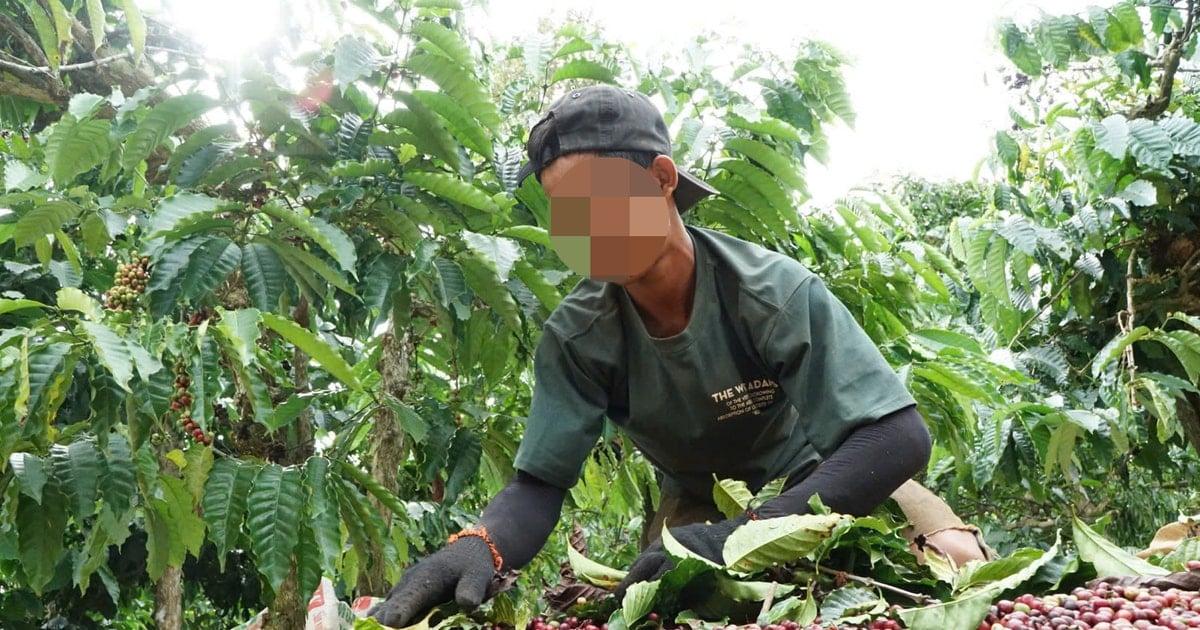



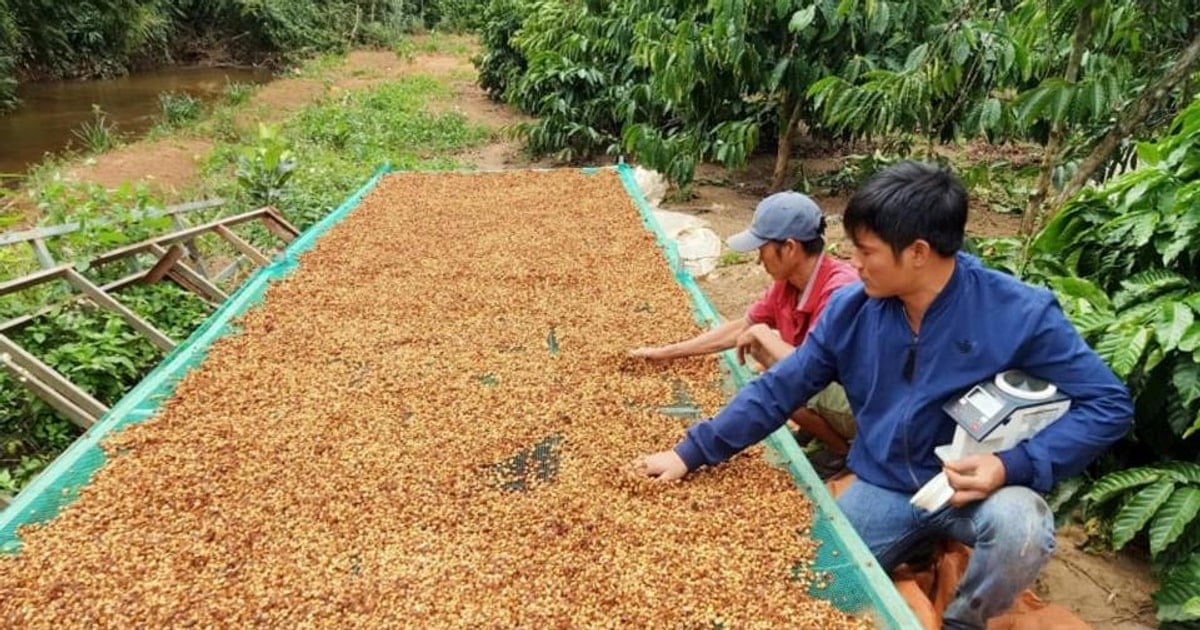
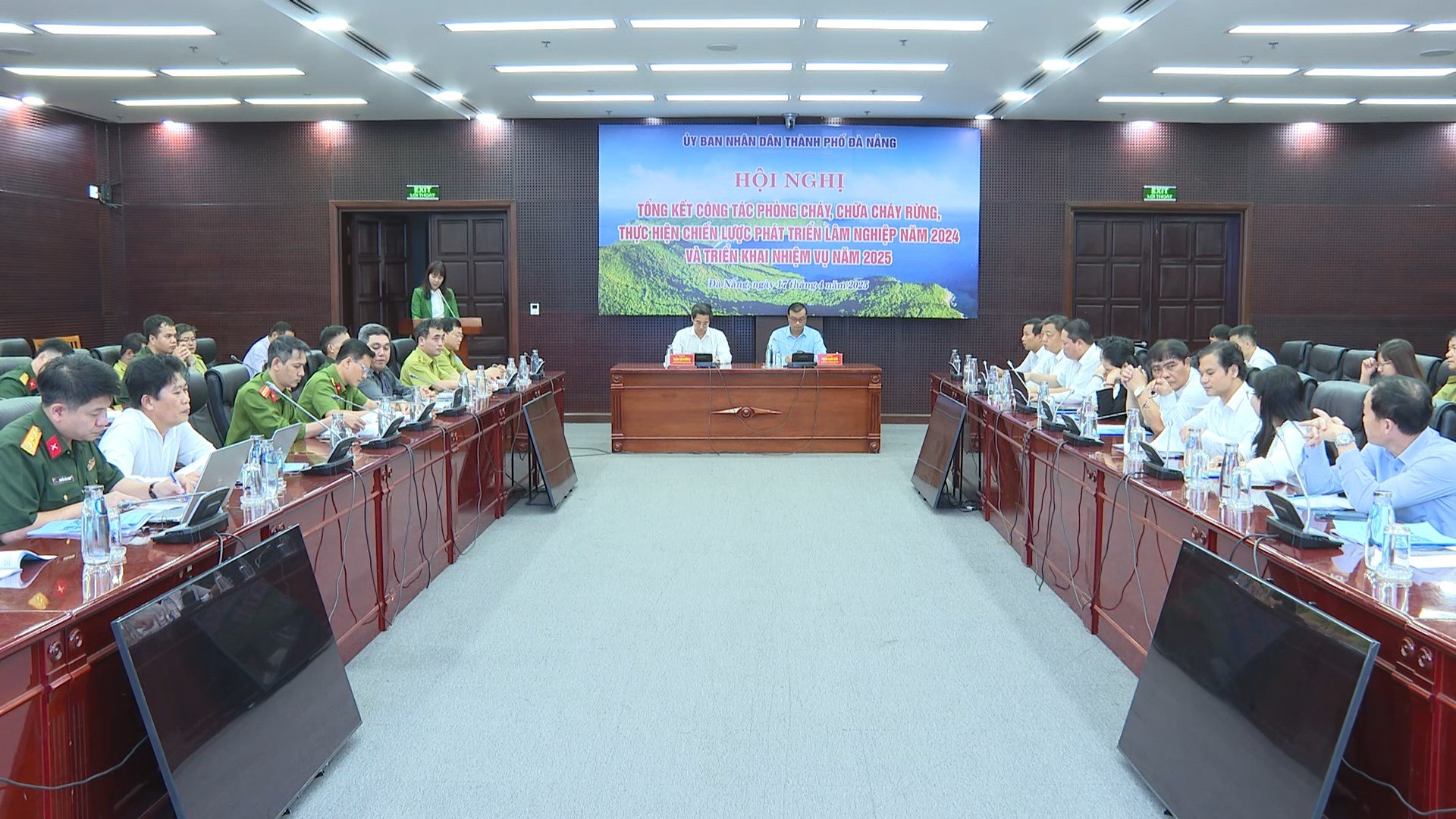














Comment (0)